This blog post was authored by Micah Cohn, a member of the Tivnu 5 cohort from Atlanta, Georgia. When he’s not reading legal briefs, Micah enjoys stand up comedy and hanging out with fellow Tivnuniks. He interns at the Lewis and Clark Criminal Justice Reform Clinic (CJRC), Sisters of the Road, and Tivnu construction.
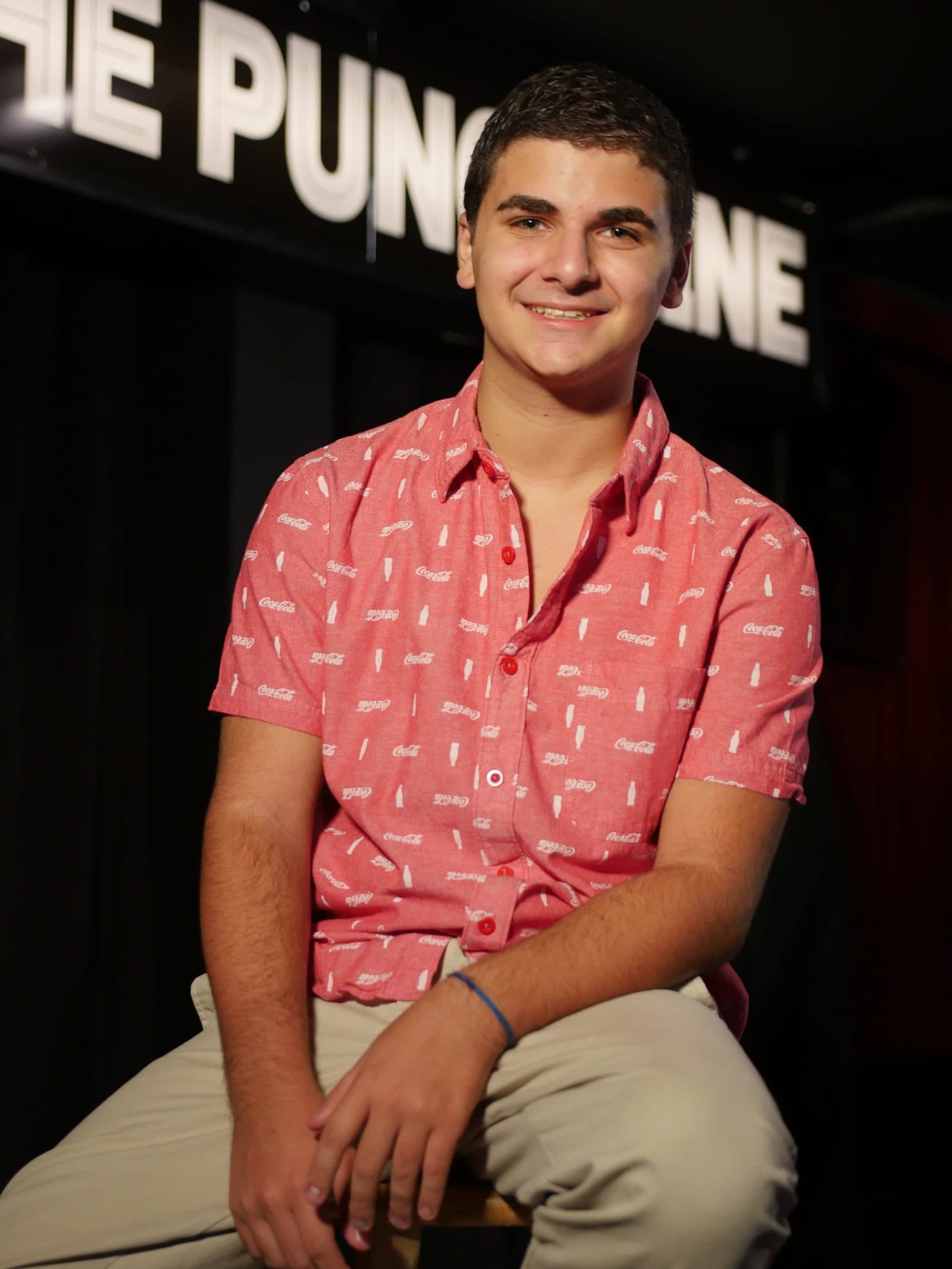
This is me! Micah Cohn, current criminal justice reform advocate and future criminal justice lawyer.
I had an assignment in my English class in eighth grade: I had to write about what I wanted to be when I grew up and the steps I would need to take to get there. I wrote about being a lawyer. I didn’t pick that because I had my heart dead set on doing that, I picked it because I had a slight interest in it (and my teacher said I wasn’t allowed to do my paper on being a stand-up comic). I only started to actually consider being a lawyer at the beginning of my senior year of high school. At the time, I had no idea which of the many kinds of law I wanted to practice. After just a few months on the Tivnu Gap Year program, I can no longer say that is the case.
The Tivnu Gap Year staff customizes our internship experiences to each of our interests and skills. Last Spring I spoke with Adinah (Tivnu’s program director) about my passions, and Adinah created a new internship opportunity. Because of that, I have had the great fortune of being an intern at the Lewis and Clark Law School Criminal Justice Reform Clinic (CJRC) that works in conjunction with the Community Law Division of the Metropolitan Public Defender’s office. I get to spend Monday, Tuesday, and Wednesday at the Public Defender’s office, and every once in a while, I will spend my day at the beautiful law school campus. I work with lawyers, law students and my supervisor, Aliza Kaplan, who is a lawyer and professor at the law school.
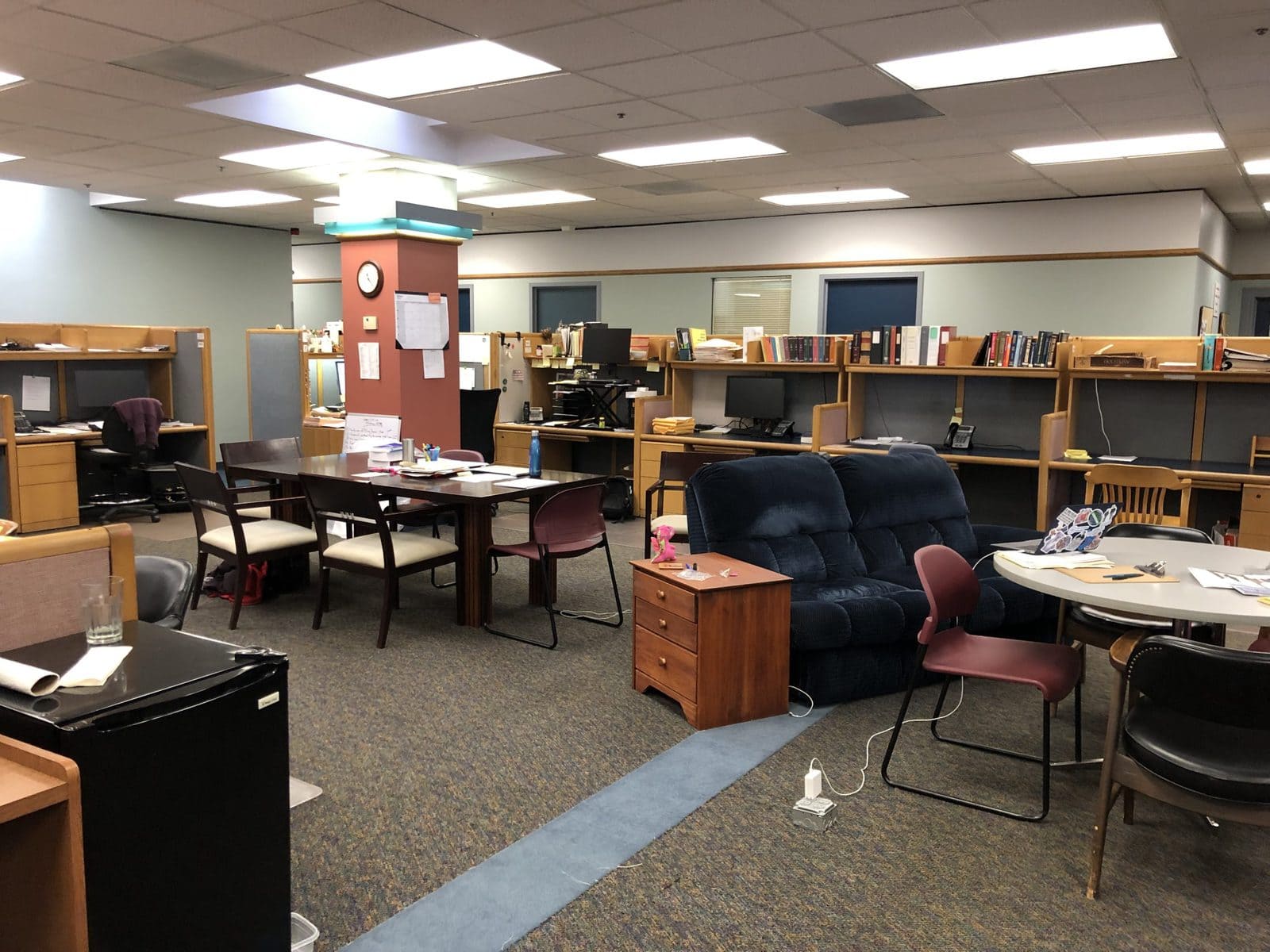
Working in a space for eight hours a day can seem like a lot. That’s why I try to move around the office and sit at a table sometimes, while other times, you could find me sinking into that comfortable blue couch.
I find the work that I do absolutely incredible. I have gotten to research deaths in Oregon jails, read and respond to letters from inmates at various Oregon prisons, and help with the record expungement clinic that happens every Wednesday. I find all of the work I do very fascinating, but, there are two things in particular that I have the privilege of doing that I find truly amazing. The first was getting to create a database of all of the different inmates who have been eligible for parole over the past ten years. The database, which didn’t exist anywhere in the state of Oregon before I compiled it, provides the CJRC data about parole in Oregon and the kind of people to whom the parole board is granting parole. This database is important because there have been considerable concerns about inmates of color having a harder time being granted parole. The database will help the CJRC determine whether or not that is true, and if it is, will assist the CJRC in determining what policy changes would be necessary to prevent this from continuing to be a problem. This project took up most of my time at the CJRC first semester, and there was not a moment of it that I didn’t enjoy.
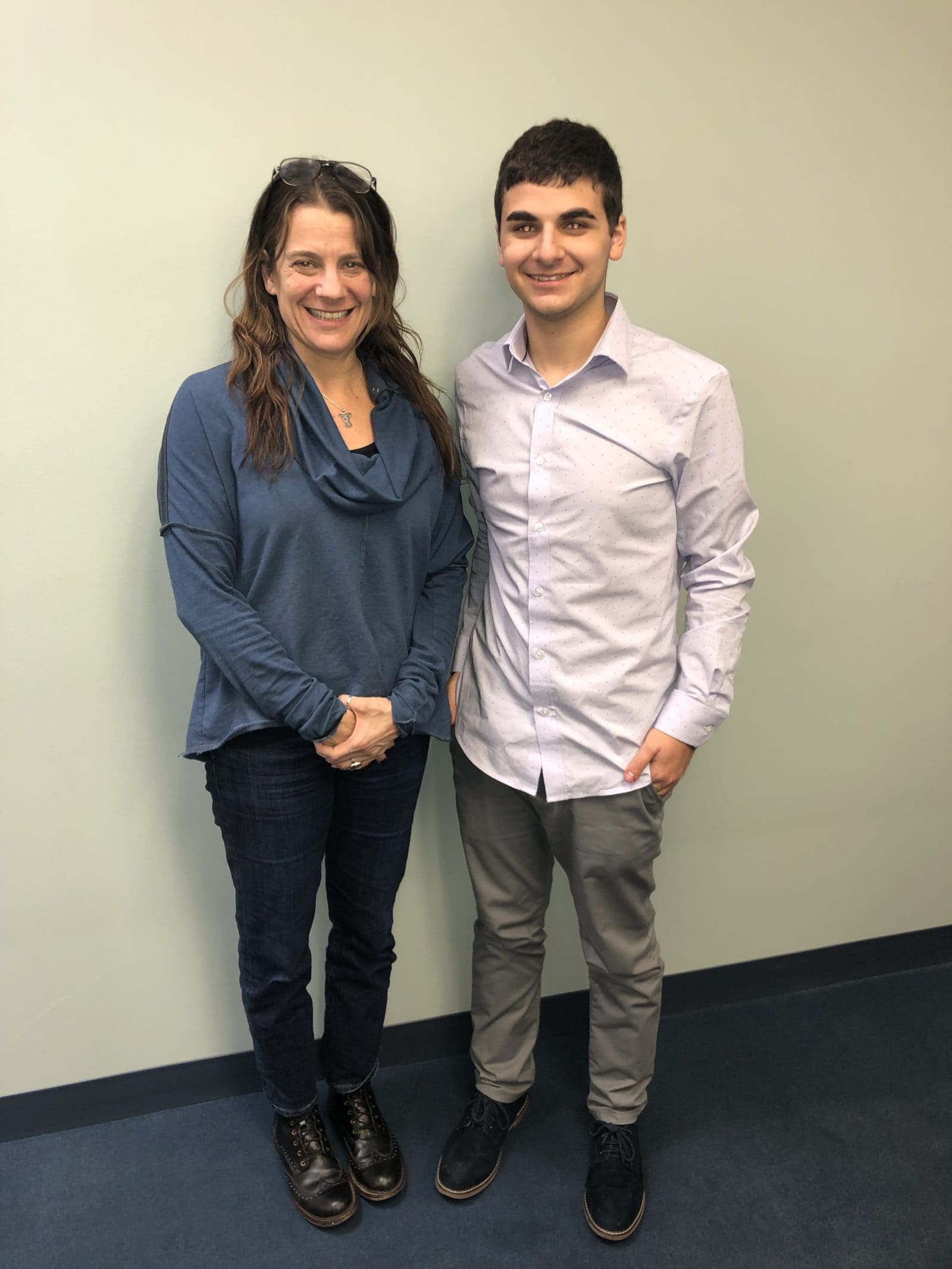
My supervisor is extraordinary; Not only does she empower me to do great work, she also makes sure that I am learning at the same time.
The second thing is the opportunity to work with prison inmates. This started with a trip to Oregon State Penitentiary in Salem, OR. I met with an inmate who is serving a sentence of life without parole, a phrase I have learned is commonly shortened to LWOP. For confidentiality reasons, I can’t get into the specifics of him or his case, but I learned a lot about him. On one of the clinic’s visits to the prison, he suggested that we teach a class about Communications and the Legislature. I will be helping to create a syllabus (and hopefully do some of the teaching too) for this class, which is for a group of inmates serving LWOP sentences, who refer to themselves as “The Lifers.”
In this meeting, I also learned that the catalyst for the CJRC creating the the parole database that I worked on was this man asking about statistics on whether or not inmates of different races were being released at the same rate as people of other races. After this meeting, it became clear to me that this man did NOT need to be in prison, let alone be sentenced to die there. I have thought a lot about my meeting with him since it happened. I have thought about how afterwards, I walked out of that prison and was free to do what I wanted, but after our meeting, this incredible person that I met would not be able to walk out of prison, and would not be free to do what he wanted.
At the beginning of this year I had a pretty good idea that I wanted to be a lawyer, and after only half of the year, I am not only positive that I want to be a lawyer, I know what kind of lawyer I want to be. I want to be a lawyer who gets the people out of prison that don’t belong there. I want to be a lawyer that keeps people who don’t belong in prison out of prison in the first place. I want to be a lawyer that helps this country’s broken justice and prison system. I would not have this clarity, this passion, this motivation to be that kind of lawyer without the experience that Tivnu created for me at the CJRC that allows me to work with people like Professor Aliza Kaplan and meet people like the man I met in prison.
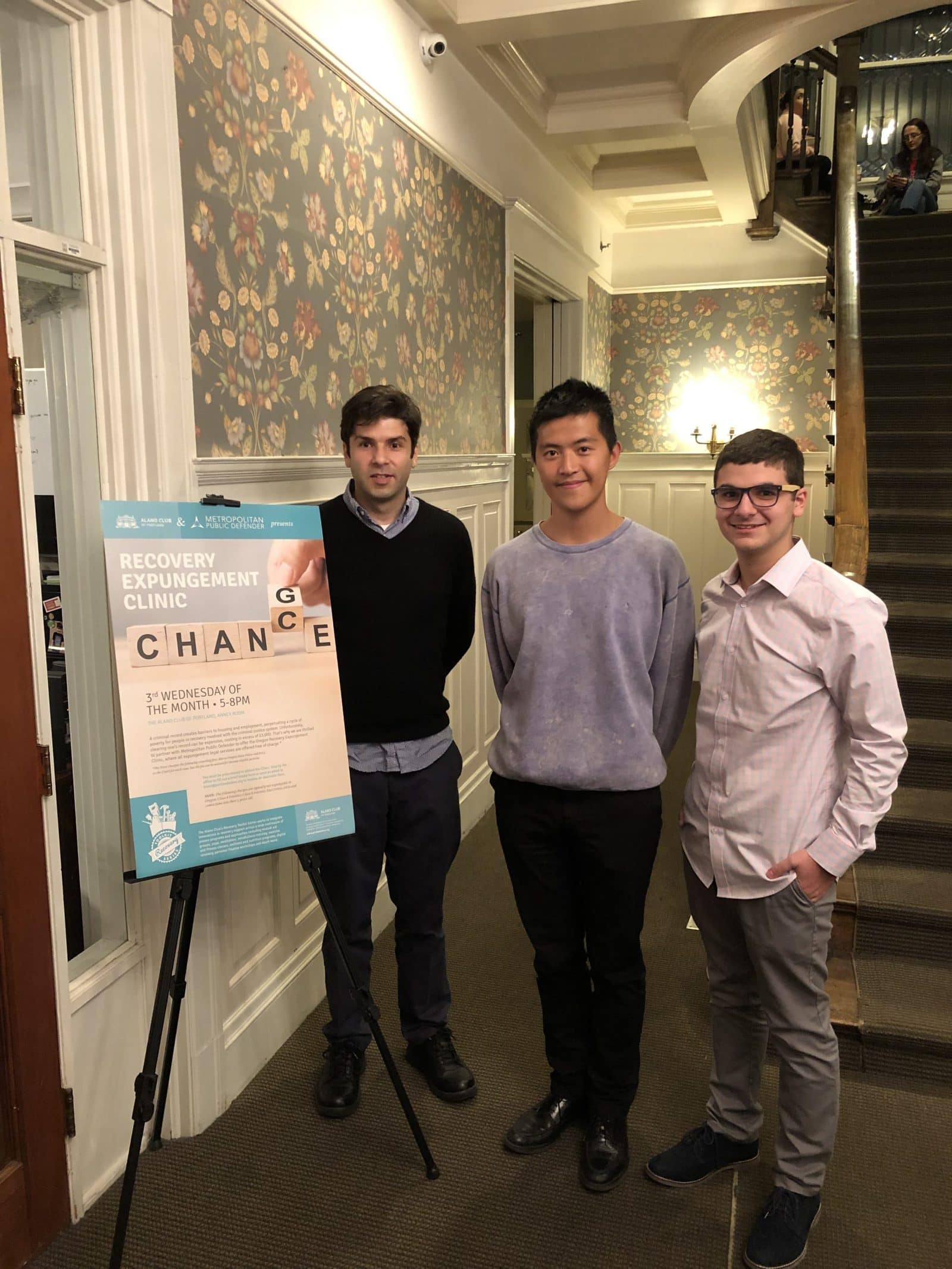
I got to take the record expungement on the road! We expunged over 300 individual cases off the records of 35 people at the clinic pictured.
Follow Us
Sign Up For Updates
Taking a gap year in the US can be as meaningful as doing one abroad.
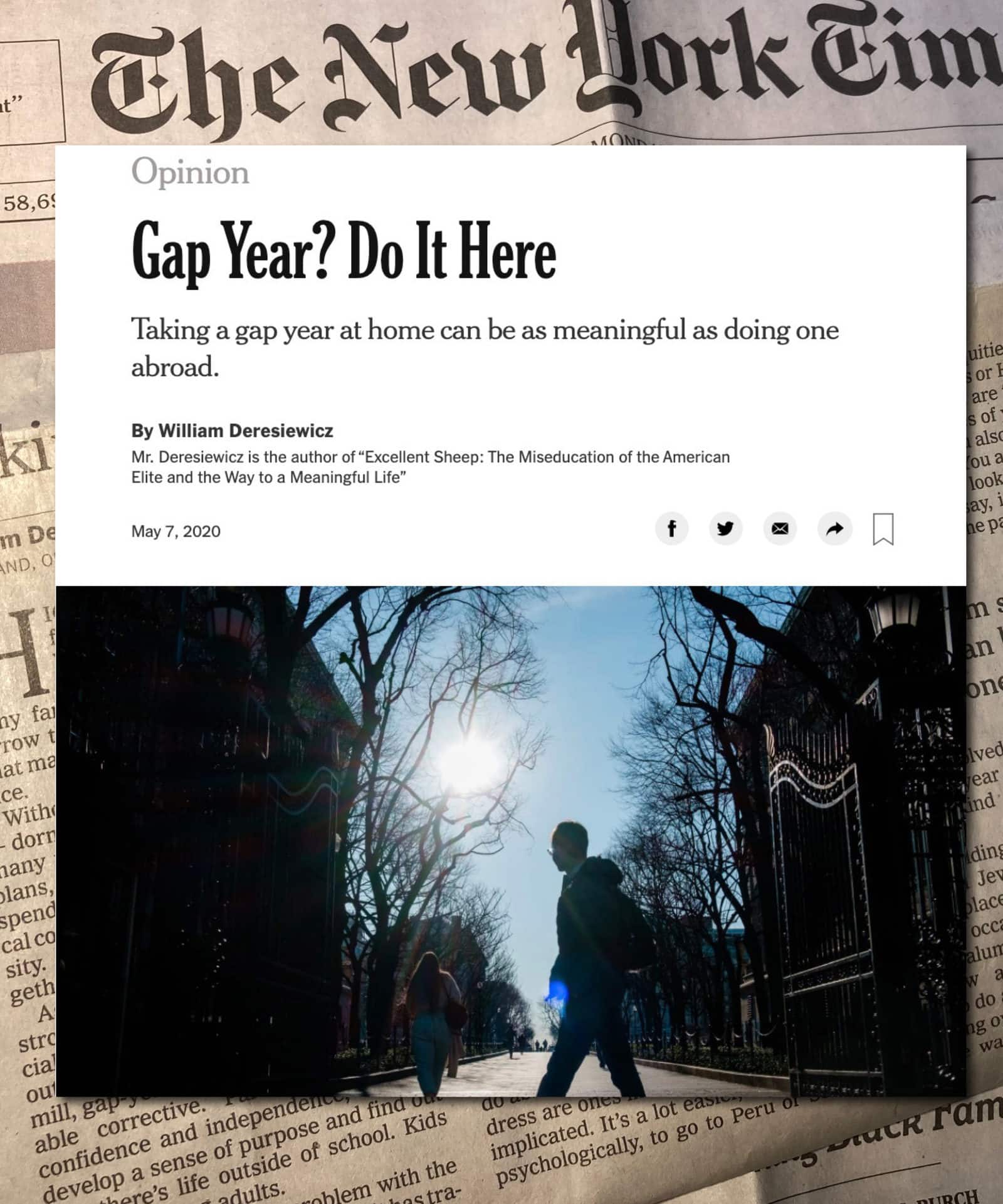 Featured in The New York Times
Featured in The New York Times